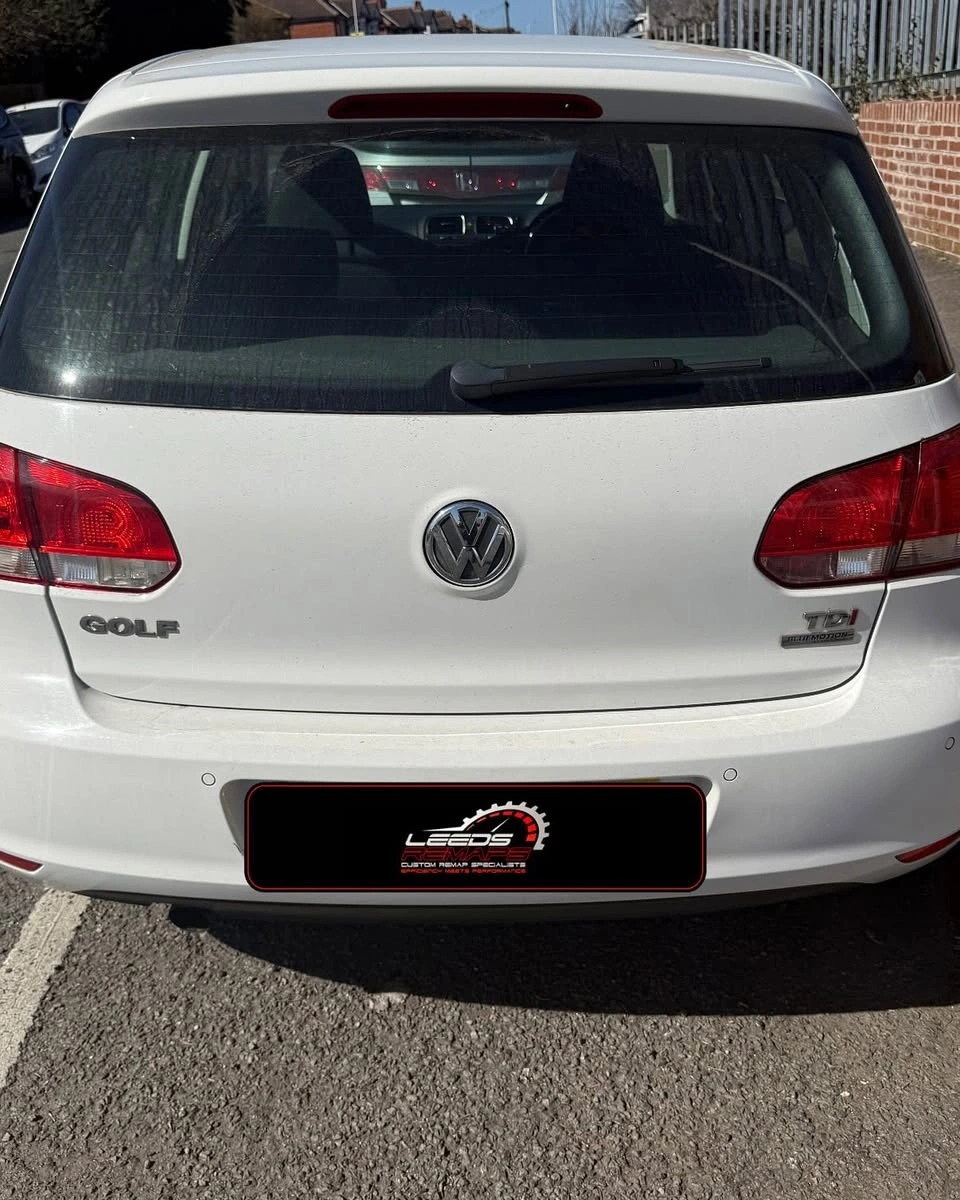FAQs
Have Questions? We've Got Answers. Whether you're new to remapping or looking for specifics about our services, here’s everything you need to know.
What is vehicle remapping?

Vehicle remapping (also known as ECU tuning or chipping) is the process of modifying the software in a car's Engine Control Unit (ECU) to optimize performance, fuel efficiency, or both.
What are the benefits of remapping?

Increased power and torque – Improved engine performance.
Better fuel economy – More efficient fuel usage (in some cases).
Enhanced throttle response – Smoother acceleration.
Customizable driving modes – Adjustable settings for different needs.
Are there any risks to remapping?

Voided warranty – Some manufacturers may void warranties if they detect a remap.
Increased wear and tear – Aggressive tuning may stress engine components.
Will remapping affect my car’s reliability?

If done professionally and conservatively, remapping should not harm reliability. However, extreme tuning without supporting modifications (e.g., upgraded cooling or brakes) can lead to issues.
Does remapping improve fuel economy?

Yes, in many cases—especially for diesel engines. An economy-focused remap can optimize fuel delivery for better mileage. However, aggressive performance maps may reduce efficiency.
Is remapping legal?

Yes, but it must comply with emissions regulations. Some regions (like Germany with TÜV) require certification.
Can remapping be reversed?

Yes, most tuners offer a stock map restoration option. Some ECUs also store the original file for easy reversal.
What’s the difference between a remap and a tuning box?

Remap: Directly modifies the ECU software for precise tuning.
Tuning box: A plug-in device that alters sensor signals (less refined but removable).
Should I get a custom or off-the-shelf remap?

Off-the-shelf: Cheaper, pre-configured for common models.
Custom: Tailored to your car (better for modified or rare vehicles).
Will my car pass an MOT after remapping?

Yes, as long as emissions remain within legal limits. However, if the remap removes DPF/EGR systems, it may fail.
Do I need other upgrades after remapping?

For high-performance remaps:
Upgraded clutch (to handle extra torque).
Stronger brakes (for better stopping power).
Improved cooling (to manage higher temperatures).















